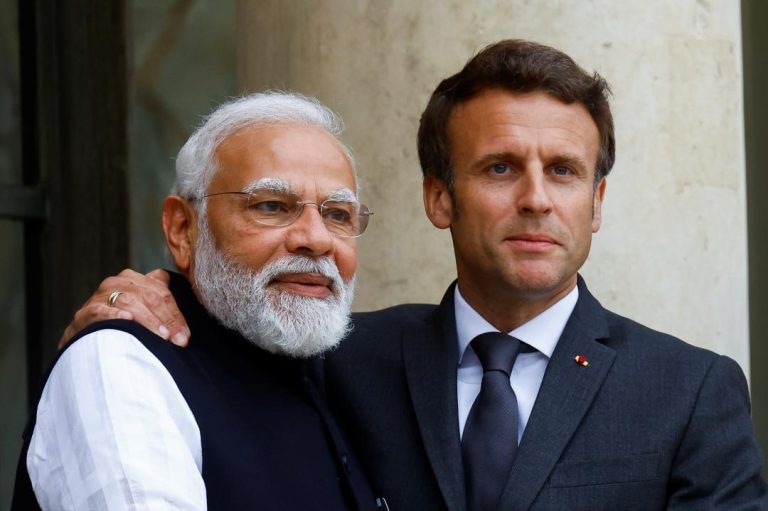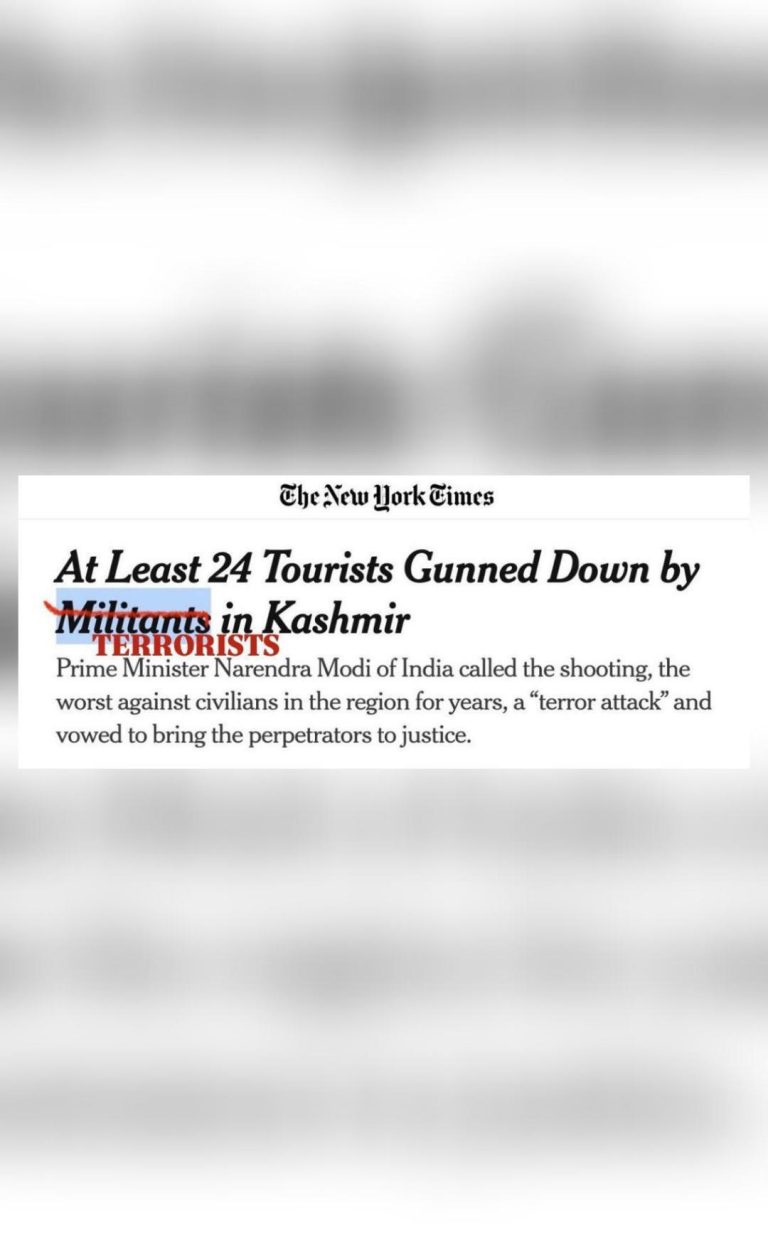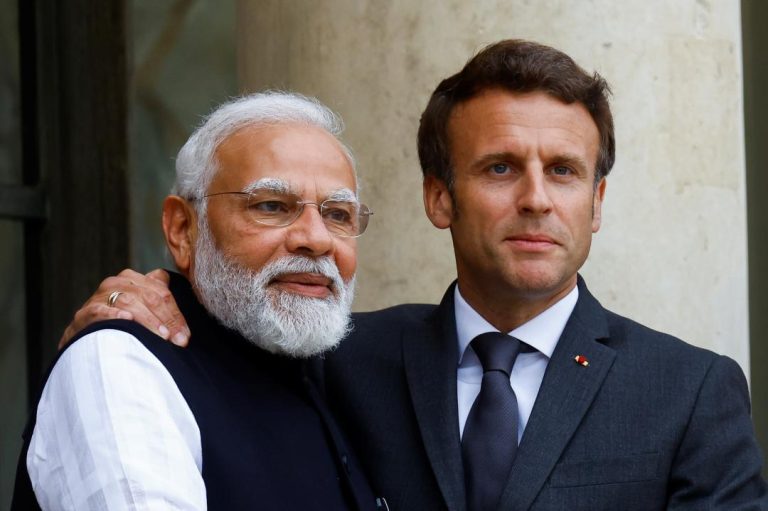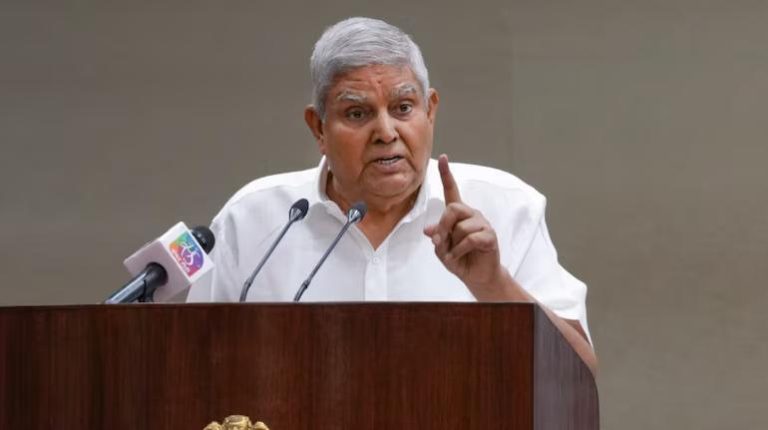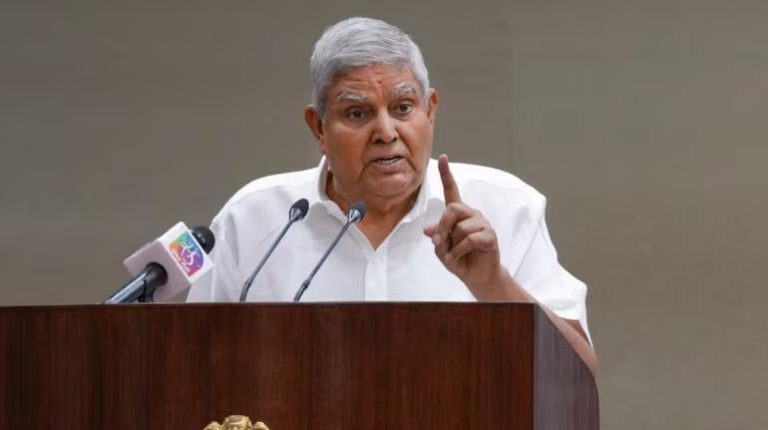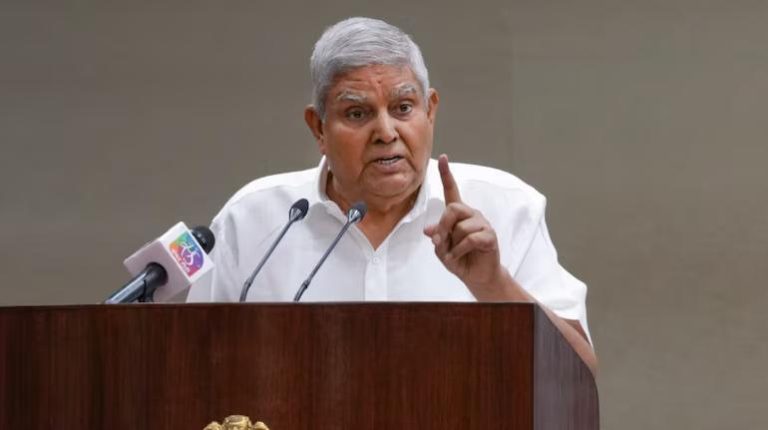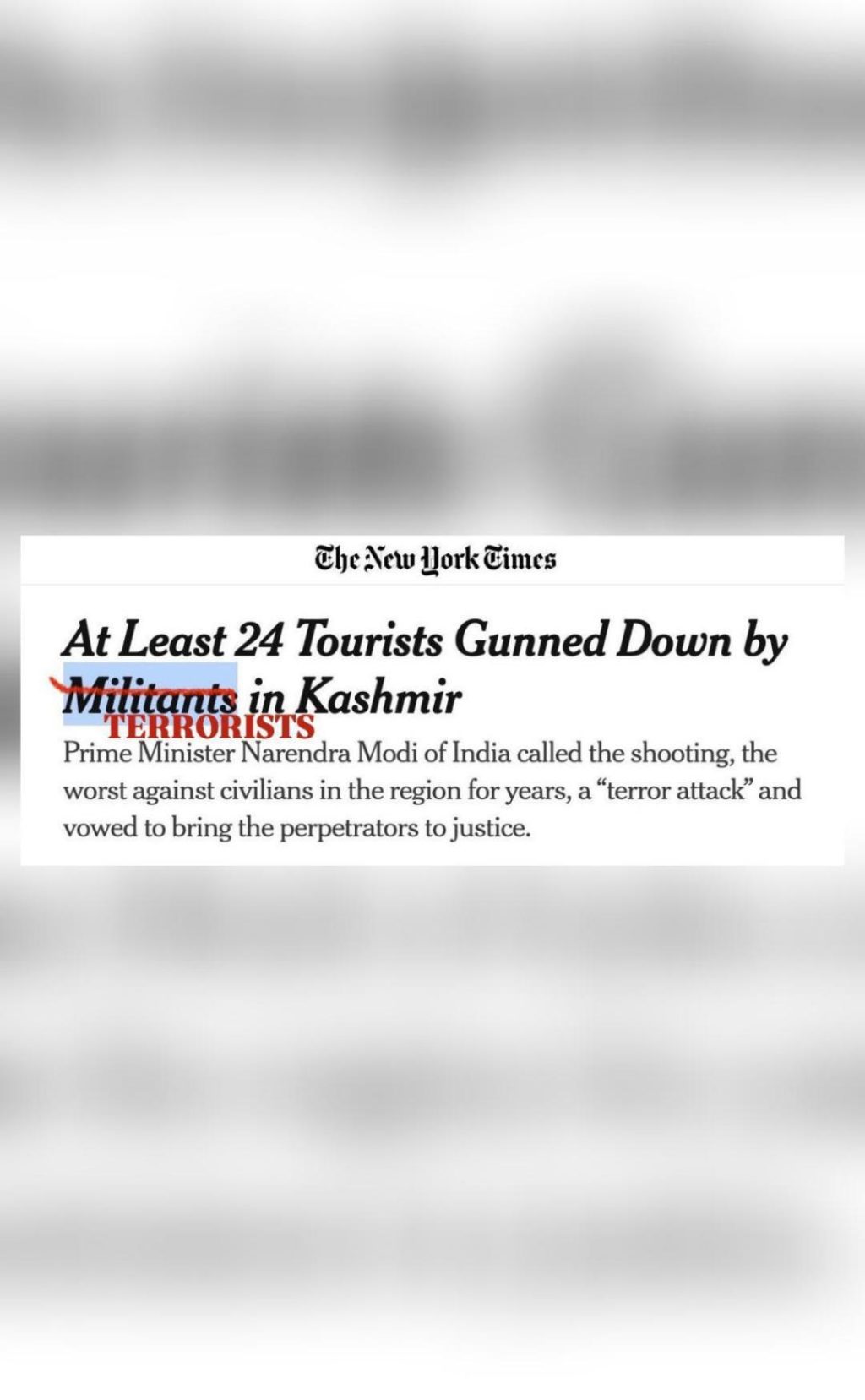
Hey NYT, fixed it for you: US committee after news portal calls J&K terrorists ‘militants’
The recent attack in Pahalgam, Jammu and Kashmir (J&K) has sent shockwaves across the world. The US House Committee on Foreign Affairs took to social media to express their outrage over the New York Times’ (NYT) coverage of the incident. The committee shared a screenshot of the NYT article, which referred to the terrorists behind the attack as “militants”. The committee’s response was swift and scathing, with a tweet that read, “Hey NYT, we fixed it for you…This was a TERRORIST ATTACK plain and simple…Whether it’s India or Israel, when it comes to TERRORISM, NYT is removed from reality.”
The tweet, which has gone viral, highlights the committee’s frustration with the NYT’s tendency to downplay or mislabel terrorist attacks. The incident in Pahalgam is a stark reminder of the reality of terrorism and the need for accurate reporting.
For those who may not be aware, the attack in Pahalgam was a brazen and gruesome incident in which terrorists opened fire on a group of tourists, killing several people and injuring many more. The attack was widely condemned by governments and civil society around the world, with many calling for an end to terrorism and violence.
The NYT’s decision to refer to the terrorists as “militants” rather than “terrorists” is not an isolated incident. The media outlet has been criticized in the past for its biased reporting on issues related to terrorism and national security.
In recent years, there have been several instances where the NYT has used language that downplays or sanitizes terrorist attacks. For example, the outlet has referred to Hamas as a “militant group” rather than a terrorist organization. Similarly, the NYT has used the term “militant” to describe members of the Taliban and other terrorist groups.
The committee’s tweet is not just a critique of the NYT’s reporting, but also a broader commentary on the media’s role in shaping public opinion and influencing policy. The tweet suggests that the media has a responsibility to report on terrorism accurately and honestly, rather than using euphemisms or biased language to describe the attacks.
The tweet has sparked a heated debate on social media, with many people weighing in on the issue. Some have defended the NYT’s reporting, arguing that the use of the term “militant” is a legitimate way to describe certain groups. Others have criticized the outlet’s reporting, citing the need for accurate and honest language in reporting on terrorism.
The debate is not just about semantics, but also about the impact that language can have on public perception and policy. When the media uses biased or euphemistic language to describe terrorism, it can create a distorted view of the reality of the situation. This can lead to a lack of understanding and empathy for the victims of terrorism, as well as a failure to recognize the threat posed by terrorist organizations.
In conclusion, the US House Committee on Foreign Affairs’ tweet is a timely reminder of the importance of accurate and honest reporting on terrorism. The committee’s critique of the NYT’s reporting is not just about semantics, but about the need for the media to report on terrorism in a way that is truthful and unbiased. The debate sparked by the tweet is an important one, and it highlights the need for a more accurate and nuanced understanding of terrorism and its impact on global politics.
Source: https://x.com/HouseForeignGOP/status/1914843415793095043
